A crisis is a threat to some, an opportunity to others
Analysis suggests that the recent crisis experienced by companies has four phases, summarized as the four R’s.
- Reaction: making sure you have everything under control,
- Resilience: making sure you are agile and adapt to the new situation,
- Recover: restarting and detecting the opportunities,
- New Reality: working on your positioning in the new normal.
The themes below are topics you should be thinking about and are strategically very relevant to assess the coming period. Reflecting on the accompanying questions can provide input to guide your business strategy.
Labor Force | Customer Behavior | Supply Chain & Manufacturing | Continuity & Resilience | Purpose, ESG | Debt burden of states & companies | Ways of working | Globalization
Labor force
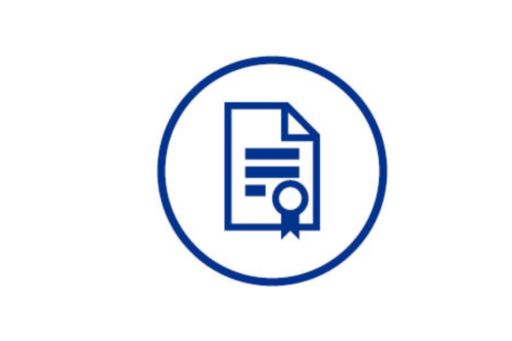
When preparing your labor force for the new reality, consider the following:
- How will (temporarily) displaced jobs return?
- Will automation accelerate?
- What (different) labor skills will be required?
- Will the imbalance in supply-demand of specific skills persist?
- How to source (supply shortage)?
- What will labor migration look like?
- How does the education system need to respond in combination with in-company training?
Customer behavior
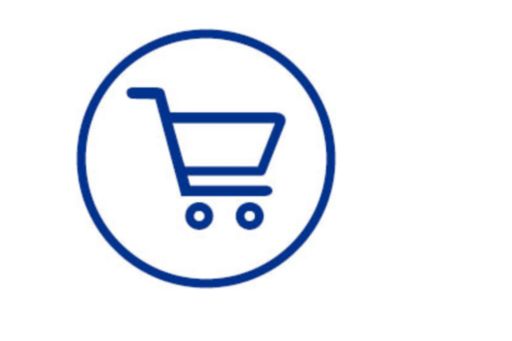
Is this the tipping point for the dominance of the digital economy over the physical economy?
- Will consumer behavior change permanently?
- Will there be a permanent change in spend concerning product categories (food, travel, leisure)?
- Will the “conscious customer” trend accelerate (green, fair, healthy, local)?
- Do you offer a personalized, data driven and seamless omni-channel (shop-web-chat-delivery-customer service) interaction with the customer?
Supply Chain & Manufacturing
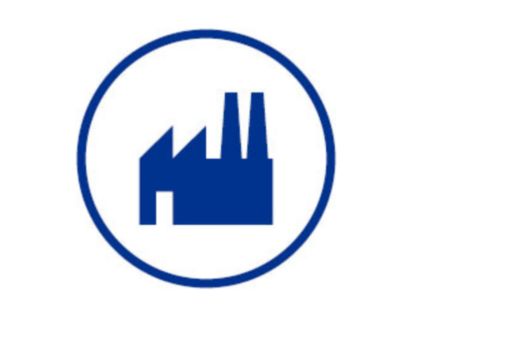
As our supply chain, partners and outsourcing becomes less bound by borders, global crisis moments can severely impact today's businesses.
When examining your supply chain and manufacturing, consider the following:
- Will you continue to buy from the same suppliers, through the same intermediates and if your logistic chain will change?
- Will you need another purchase risk model?
- Will local production increase based on personalization of products and goods?
Continuity & Resilience
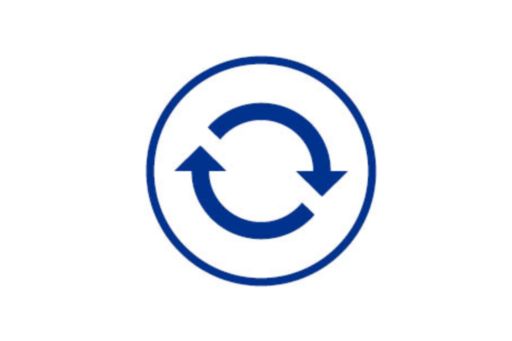
To successfully survive crisis moments companies need to think ahead and adapt to ever changing dynamics.
Key questions are:
- How will business continuity planning be bolstered to ensure resilience in future crises?
- How will enterprise risk management need to adapt?
- How to increase responsiveness of an organization/ be more agile for future shocks?
Purpose, ESG
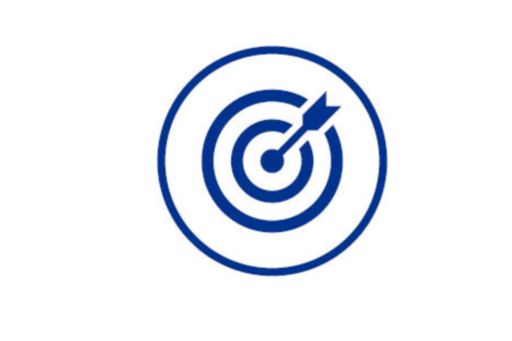
Crisis moments often force companies to re-examine their purpose and align where needed.
The following questions can drive this process:
- Will the significance of having a clearly articulated purpose become more important for customer and co-workers?
- Will ESG be central to how businesses recover? Can this be done while sustaining the desired economic outcomes?
- Will changes in customer behavior bolster the evolution towards more sustainability-oriented business propositions?
Debt burden of states & companies
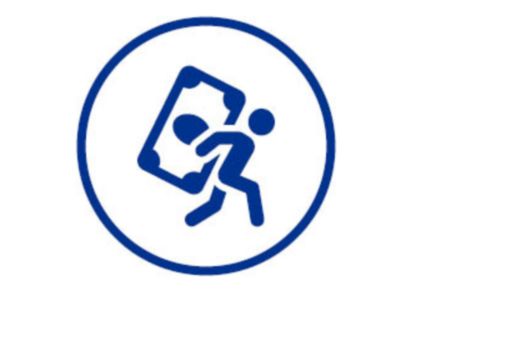
As expected, crises can often have a great financial impact on business, make sure to examine the following points.
- Will the large debts weaken the recovery out of the crisis? Could it trigger a financial crisis?
- Will this fundamentally change the financial management of your company?
- Will it increase the focus on operational efficiency with the help of technology?
- Will it increase inequality between competitors and trigger (distressed) M&A?
Ways of working
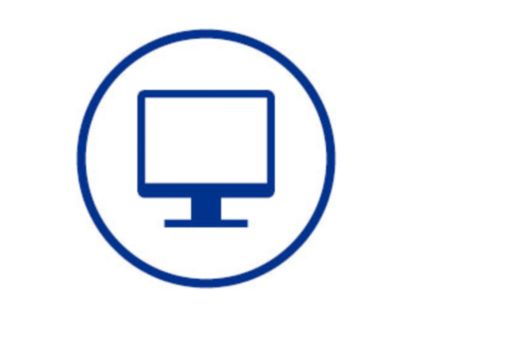
It’s clear that the recent crisis has severely transformed the way companies and employees work. Will this shift become permanent and what should you be taking into account?
- Is remote work - supported by technology and digitalization - the new normal?
- What will be the impact on commuting? Will business travel become the exception?
- Will the crisis lead to a different perspective on the organization of work to ensure a better work-life balance?
- How does team management need to adapt?
Globalization
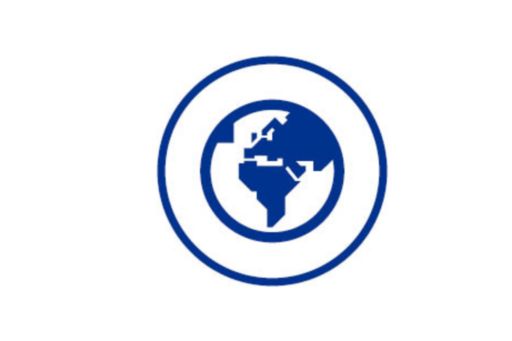
A crisis knows no borders and in our increasingly connected (business) world, the impact can be severe. Your attention points include:
- Will countries increasingly look inwards for prosperity (and limit the mobility of goods, services and people)?
- Will regional and national borders be strengthened?
- Will this open up business opportunities or limit expansion? Where should growth come from and how will it influence investment decisions?

We are currently in the recover phase, but fortunately a lot of companies are already actively thinking about the new reality. It is especially important to develop a new vision or to adapt your existing vision and to assess the consequences. You can read more on what the company of tomorrow will look like according to our experts:



